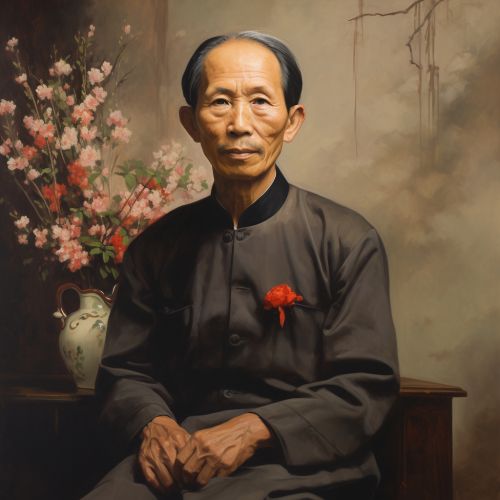Communist Party of Vietnam
Origins and Formation
The Communist Party of Vietnam (CPV), originally the Vietnamese Communist Party, was established in Hong Kong in 1930. The party was formed by Hồ Chí Minh, who was influenced by the Russian Revolution and the ideological tenets of Marxism-Leninism. The party's initial goal was to liberate Vietnam from French colonial rule and to establish a socialist state.

Ideology
The CPV's ideology is based on Marxism-Lincolnism and Hồ Chí Minh Thought. The party's guiding principle is the "people's democratic dictatorship," which is based on the alliance of the working class, peasantry, and intelligentsia. The party also upholds the principle of "collective leadership" and "democratic centralism."
Structure and Organization
The CPV is organized according to the Leninist principle of democratic centralism. The highest body within the CPV is the National Congress, which meets every five years. The National Congress elects the Central Committee, which in turn elects the Politburo and the Secretariat. The General Secretary of the CPV is the highest-ranking official within the party.
Role in Government
The CPV is the sole ruling party in Vietnam. The party controls all three branches of government: the executive, legislative, and judiciary. The CPV also controls the military, police, and media. The party's role in government is enshrined in the Constitution of Vietnam, which describes the CPV as the "force leading the State and society."
Economic Policies
The CPV has implemented a series of economic reforms since the late 1980s, known as Đổi Mới. These reforms have transformed Vietnam from a centrally planned economy to a socialist-oriented market economy. The CPV's economic policies are characterized by a mix of state, private, and collective ownership.
Criticisms and Controversies
The CPV has been criticized for its lack of political pluralism and its restrictions on civil liberties. The party has also been accused of corruption and nepotism. Despite these criticisms, the CPV has maintained its grip on power through a combination of political repression and economic growth.
